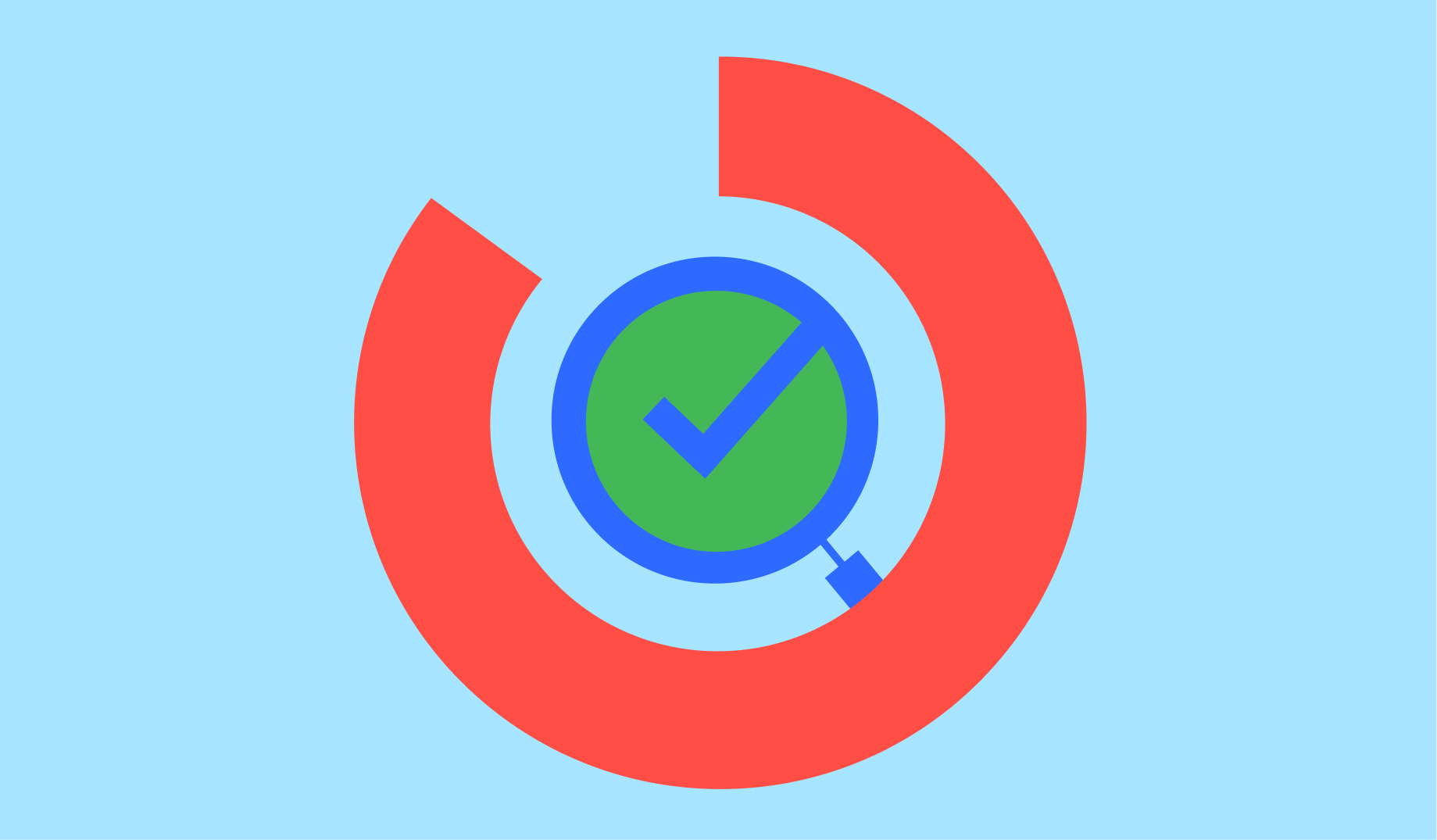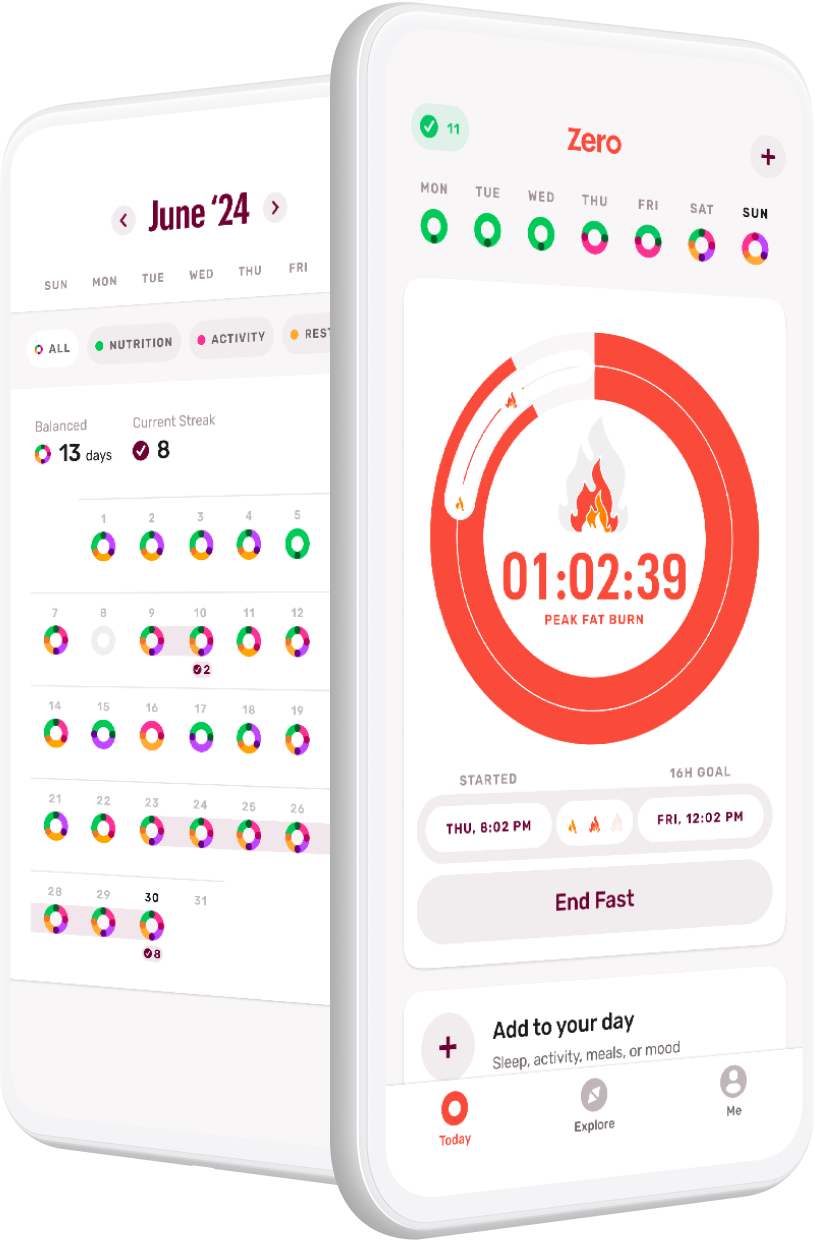Written and medically reviewed by Rich LaFountain, PhD
Fasting is something virtually everyone does. For the last 2.5 million years, humans have engaged in some form of fasting and, while times have certainly changed, there are still a plethora of benefits to incorporating this practice into your routine.
If you’re interested in living a long, healthy life, stick around to learn more about this incredible health practice. With this knowledge, you can decide whether it’s a good fit for your current goals and lifestyle.

Fasting as a Part of Human History
Humans have been hardwired for intermittent fasting. Although less prevalent now, research indicates that 99.5% of human history was characterized by inconsistent access to food. (That’s equivalent to about 84,000 generations of people who came before you!)
While food inconsistency meant that fasting was not always voluntary, modern science has revealed it to be a metabolic marvel that aided in human survival and is now serving as an antidote to the less healthy aspects of our modern society.
Data suggest that Americans habitually fast an average of only 8–9 hours per day, primarily while sleeping. Short overnight fasts that are bookended by breakfast and late-night snacks can send mixed signals to the body and diminish circadian alignment, ultimately contributing to poor sleep and elevated disease risk over time.
10 Reasons to Adopt a Fasting Practice
Beyond simply falling in line with your genetic destiny, here are ten benefits you can reap from adopting a regular fasting practice.
#1. It Improves Metabolic Health
Fasting activates energy production pathways that allow your body to respond favorably to a variety of fuels, like fat and ketones. When your cells have sufficient energy, they can function more optimally, contribute to your overall health, and even diminish the effects of aging.
#2. It Helps You Maintain a Healthy Weight
Fasting is foundational for achieving and maintaining your healthy body weight. Research demonstrates that time-restricted feeding helps people spontaneously reduce the number of calories they consume and yields greater weight loss success above and beyond traditional weight loss strategies.
#3. It Maximizes Your Longevity Potential
Fasting is a singular strategy that has numerous positive effects throughout the body. Research suggests that adopting it as a consistent practice may reduce biological age, enhance health, and extend lifespan.
#4. It Aligns with Your Circadian Rhythm
Calorie consumption is one of the most powerful signals the body uses to correctly set internal cellular clocks and regulate hormones. Ideally, calories should be consumed during active daylight hours, but this is not always consistent (or realistic), as research reports that the times we eat and fast vary geographically and seasonally.
#5. It Aids in Building Resilience
Despite its infamous reputation, stress can be either good or bad — it all depends on context. Fasting, like exercise, is often an adaptive, or good, stress that encourages positive changes in your health and strengthens your resilience over time.
#6. It Promotes Autophagy
Research has shown that fasts lasting 18 hours or longer are capable of promoting longevity through a process called autophagy, or the recycling and removal of aging cellular components in humans.
#7. It Boosts Immunity
Routine fasts promote immune system function and may help bolster your natural defenses against infection, ultimately making you more resistant to chronic and communicable diseases.
#8. It Increases Your Willpower
Resisting hyper-palatable, highly processed foods — even those marketed as “healthy” — is a significant challenge in the present day. Fasting supports your nutritional agency and ability to discern cravings from true hunger. It’s also a great tool for building healthy intentionality in your eating habits.
#9. It Accelerates the Benefits of Other Healthy Habits
When you pair fasting with other healthy habits, you reap even greater rewards. For example, starting a fast 2–3 hours before bed can help you fall asleep faster and improve the quality of your sleep. Fasting through an exercise session can also accelerate your body’s transition into the fat burning zone. It’s the very definition of synergy!
#10. It Enhances Your Self-Efficacy
Fasting is a great way to challenge yourself, and it’s even better if you have a support network or online community to keep you accountable. Research suggests that fasting contributes to an increased sense of achievement, reward, pride, and control. Yet fasting is just the start of your longevity journey. If you’ve already established a fasting habit, then consider it a launchpad to invest in other habits that will improve your health and longevity.
When Might Fasting Not Be Right for You?
While there are numerous benefits associated with fasting, there are also instances where it can do more harm than good. If you meet any of the following criteria, fasting might not be the right option for you at this time:
- If you are younger than 18
- If you have preexisting health conditions
- If you have struggled or are currently struggling with disordered eating
- If you are or are trying to become pregnant
All in all, fasting is a fabulous fit for many people, and it is an inevitable part of daily life. Fasting with intentionality will help you to build a strong foundation for stacking more healthy habits and strengthening your longevity practices.
- Debunking 3 Myths Around Fasting and Thyroid Health - April 15, 2024
- Breaking Down Fast Breakers: How to Tell If Something Will Break Your Fast - March 4, 2024
- GLP-1s and Weight-Loss Medications vs. Lifestyle Interventions: What’s Right for You - February 5, 2024






